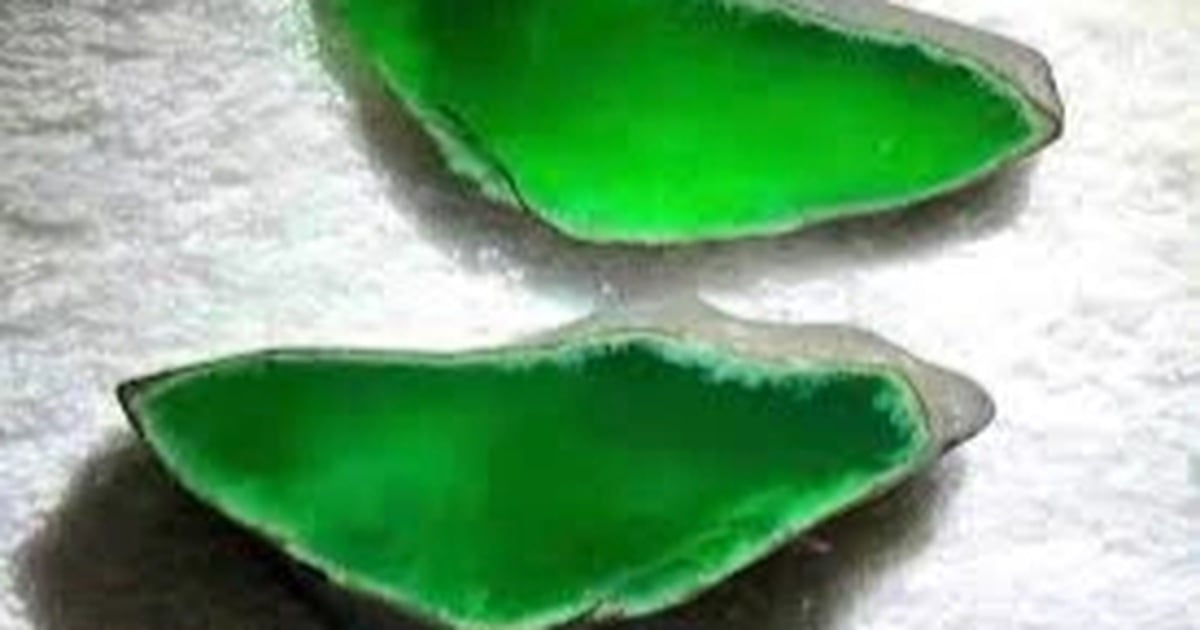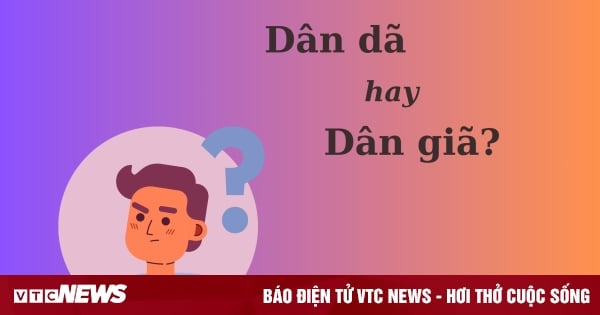Recently, Facebook has seen more and more sophisticated scams. Many people have lost a lot of money because they were scammed by these tricks. Here are some signs of Facebook scams that you need to be aware of:
Submit a link to a fake website
A common trick is to send you a link to a fake website, usually a login page. Remember that Facebook will never ask you to “verify your account” before clicking the link.
You can see that the URL on the fake site has typos. The language settings are also incorrect for the user's region. The footer is also incorrect. It uses the company name Facebook Inc. But as of 2022, the real site uses Meta © 2022.
Finally, scammers use screenshots of real websites instead of creating fake pages. You shouldn’t click anything on a scam site. But if you long-press or right-click to inspect the links, you’ll often find that they’re actually images. The blurry quality also gives this away.

Be careful with scams on social networks. (Illustration photo)
Received deepfake scam call
Recently, many people have used deepfake calls (using AI technology to create fake videos or images, copy portraits, create fake videos of relatives and friends) to scam.
The Information Security Department gives 5 signs to identify this type of call as follows:
- Call time is usually very short, just a few seconds.
- The caller's face lacks emotion and is quite "indifferent", the posture is awkward, unnatural, the head and body direction are inconsistent with each other.
- The skin color of the characters in the video is abnormal, the lighting is weird and the shadows are not in the right place, the video looks very fake and unnatural.
- Sound is not consistent with the image, a lot of noise is mixed into the clip or the clip has no sound.
- The phone was disconnected in the middle of the call due to loss of signal or weak signal.
Congratulations, you are a winner!
This is a very popular trick among Facebook users in Vietnam. Many users suddenly receive messages announcing that they have won a lottery with a big prize, but it is usually a trap. To receive the "prize", you will have to pay a membership or participation fee or share your personal information.
Like many scam messages, these messages often contain spelling and grammar errors. If you look closely, they may also contain spoofed links – links to websites with the official name of the company or brand, but misspelled.
Threaten users with hacker attacks
This scam works by telling you that your account has been hacked or deleted, but luckily they will help you get it back… as long as you give them your personal information.
These are signs that you are about to be scammed on Facebook. If you encounter these signs, delete and unfriend the person making the above request.
Thanh Thanh (Synthesis)
Source

































![[Photo] Air Force practices raising flag in Ho Chi Minh City sky in preparation for April 30th holiday](https://vstatic.vietnam.vn/vietnam/resource/IMAGE/2025/4/18/de7139d9965b44f8ac1f69c4981196fd)
































































Comment (0)